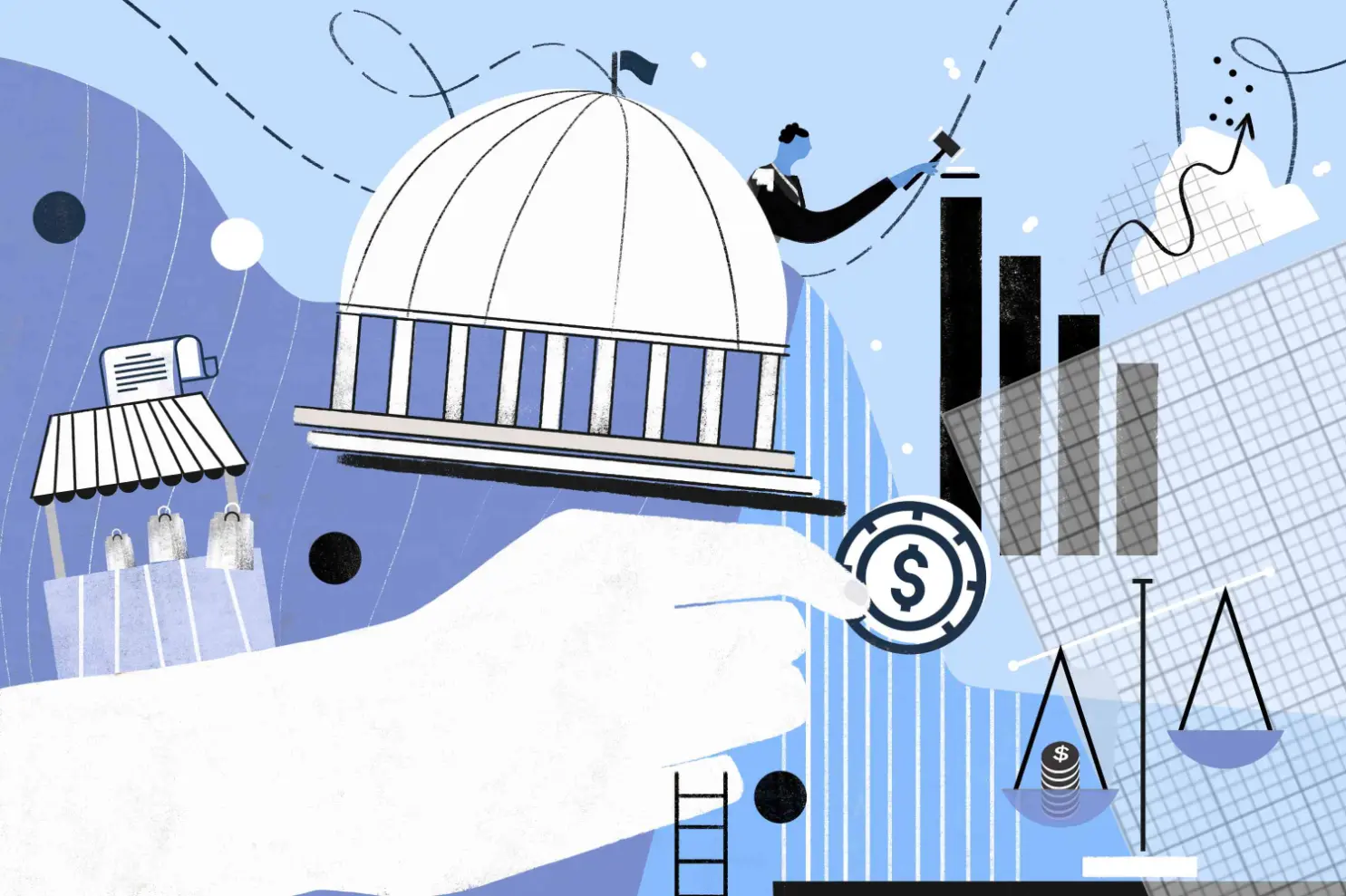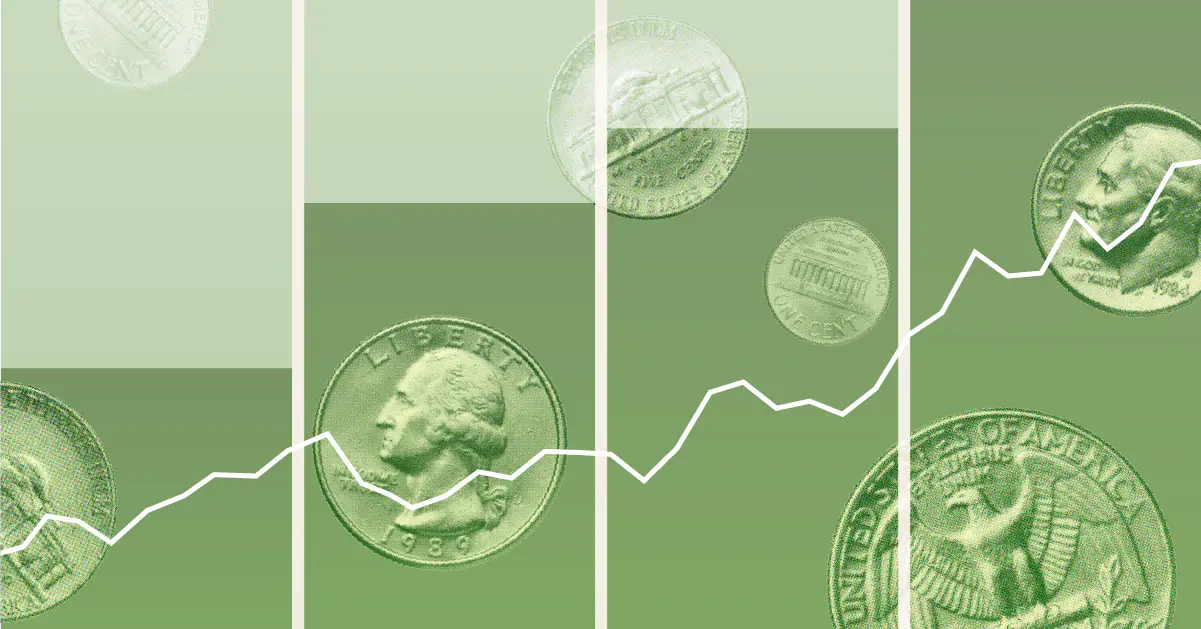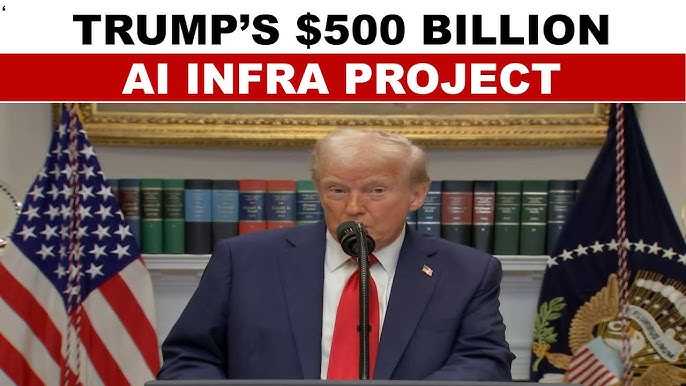As the U.S. tightens regulations on blockchain and cryptocurrencies, the tech sector faces new compliance challenges and opportunities. Industry leaders and policymakers are debating the future of decentralized finance, stablecoins, and digital asset taxation.
How New U.S. Regulations Will Shape the Future of Blockchain and Crypto
The U.S. government has ramped up its efforts to regulate blockchain technology and cryptocurrencies, signaling a shift toward greater oversight of the industry. As the digital asset market continues to expand, regulators are focusing on stablecoins, decentralized finance (DeFi), and cryptocurrency exchanges to ensure financial stability and investor protection.
The Current State of U.S. Crypto Regulations
The regulatory landscape for cryptocurrencies in the U.S. is complex, with multiple agencies involved:
Securities and Exchange Commission (SEC): Focuses on classifying crypto assets as securities and enforcing compliance with financial laws. Commodity Futures Trading Commission (CFTC): Oversees cryptocurrency derivatives and futures trading. Financial Crimes Enforcement Network (FinCEN): Enforces anti-money laundering (AML) and Know Your Customer (KYC) regulations. Federal Reserve and Treasury Department: Work on stablecoin regulation and financial system integration.Key Regulatory Developments in 2025
1. Stablecoin Oversight and Banking Integration
New proposals require stablecoin issuers to hold sufficient reserves and be regulated like banks. The Federal Reserve is exploring the development of a U.S. central bank digital currency (CBDC) as an alternative to private stablecoins. Tighter rules on cross-border transactions aim to prevent illicit financial activities.2. SEC Crackdown on Crypto Securities
The SEC has intensified scrutiny of crypto token sales, requiring many projects to register as securities. Recent lawsuits against major exchanges highlight the need for clearer legal frameworks for token classification. DeFi platforms may face new compliance obligations, including KYC requirements.3. Taxation and Reporting Requirements
Crypto investors must now report all digital asset transactions to the IRS, with stricter capital gains tax enforcement. Exchanges are mandated to provide detailed reporting to prevent tax evasion. The new tax structure could impact trading volumes and market liquidity.4. Institutional Adoption and Compliance
Wall Street firms are expanding their cryptocurrency portfolios under regulated conditions. Banks and fintech companies are integrating blockchain for payments, settlements, and tokenized assets. Clearer guidelines are expected to attract more institutional investors into the crypto market.How the Tech Sector is Responding
Crypto Exchanges: Adapting to compliance changes by enhancing security measures and improving transparency. Blockchain Developers: Shifting focus to enterprise solutions, smart contracts, and NFT regulations. DeFi Projects: Exploring new models that comply with regulatory frameworks while maintaining decentralization. Startups and Investors: Waiting for legislative clarity before launching new blockchain ventures.Challenges and Future Outlook
Balancing Innovation and Regulation: Striking the right balance between consumer protection and fostering technological growth. State vs. Federal Policies: Different states, like Wyoming and New York, have contrasting approaches to crypto regulation. Cybersecurity and Fraud Prevention: Strengthening protections against hacks, fraud, and money laundering.The future of blockchain and cryptocurrency in the U.S. tech sector depends on how regulations evolve in 2025 and beyond. While stricter policies may create hurdles for startups, they also pave the way for mainstream adoption and increased trust in digital assets.






















